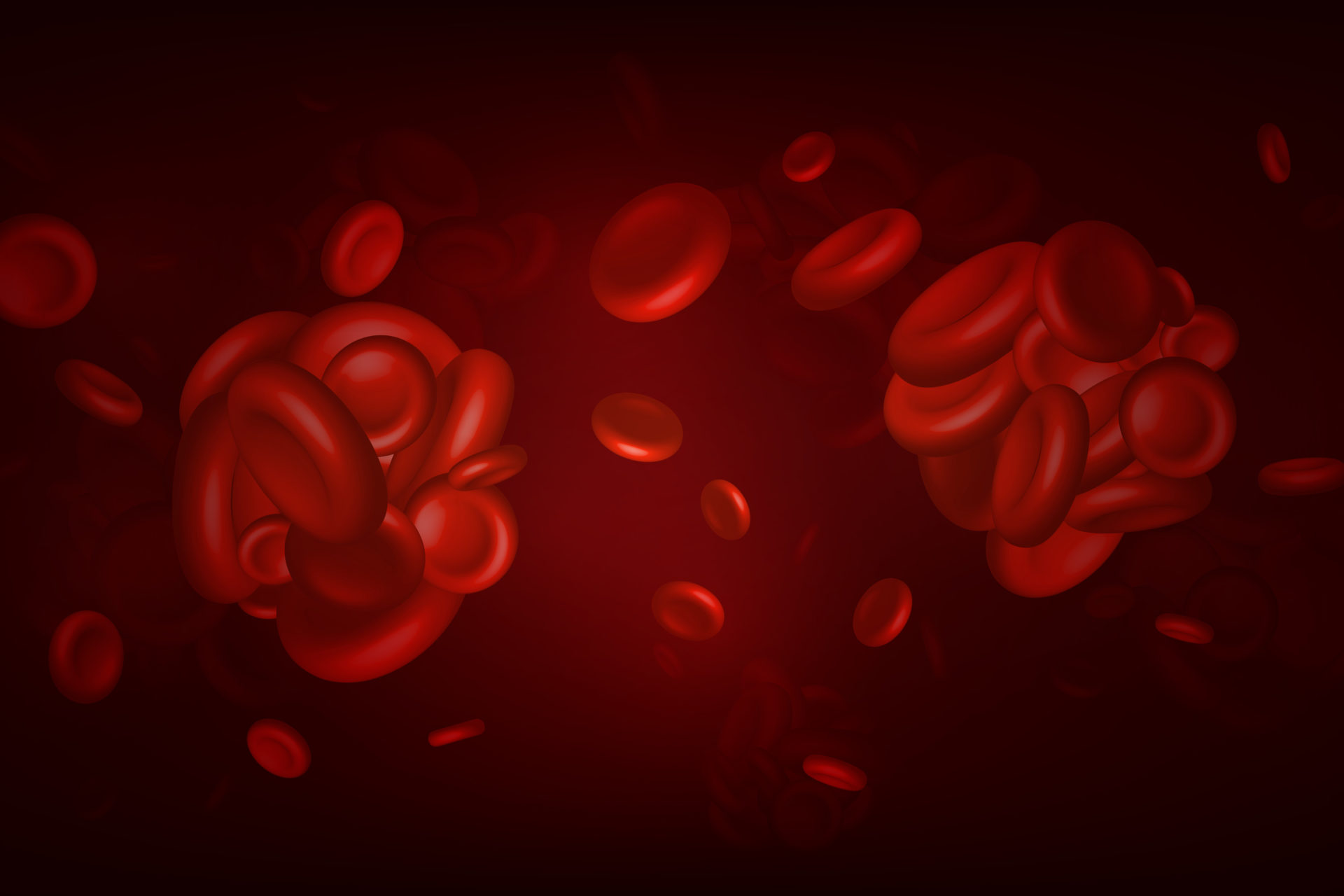A study indicates that there are possible pathophysiologic mechanisms for pseudobulbar affect (PBA). The study was published in The Journal of Neuropsychiatry and Clinical Neurosciences.
Researchers assessed 108 patients, all of whom completed a cognitive screening test and self-reported measures of lability, depression, anxiety, apathy, and quality of life. Statistical analyses included one- and two-way analyses of covariance to evaluate group differences, Pearson’s correlations to determine relationships between PBA symptoms and comorbidities, multiple regression for predicting PBA symptom severity in clinical correlates, and chi-square T tests for predicting demographic variables, the researchers noted.
According to the results, PBA symptom severity did not vary between groups. The researchers observed that younger age and worse anxiety correlated with PBA symptom severity in all three groups, whereas depression and poor mental health/quality of life only correlated with PBA symptom severity in the Parkinson’s disease (PD) and atypical parkinsonism (aP) groups. Overall, the results showed that patients with PD and aP may be more likely to benefit from treatment with antidepressants.
“The results suggest the possibility of an alternate pathophysiologic mechanism for PBA, which may vary between neurological disorders and disease progression. Mood and cognition are of particular relevance and should be evaluated when symptoms of PBA are suspected,” the researchers concluded.
Link: https://pubmed.ncbi.nlm.nih.gov/29505320/
Keywords: Depression, Parkinsonism, amyotrophic lateral sclerosis, anxiety, pseudobulbar affect








